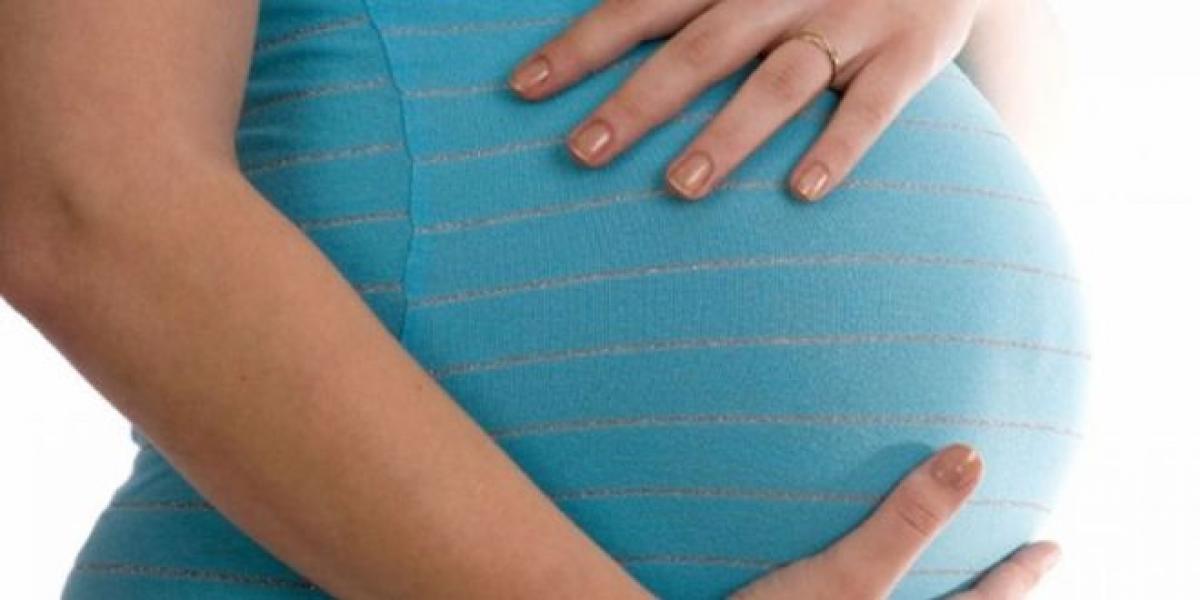Increasing number of women having birthgasms

Most mothers will not describe giving birth as an \"orgasmic\" experience, but apparently, it can be. Now, a recent study suggests that an increasing number of women are having \"birthgasms.\"
Most mothers will not describe giving birth as an "orgasmic" experience, but apparently, it can be. Now, a recent study suggests that an increasing number of women are having "birthgasms."
The survey by the Positive Birth Movement and Channel Mum found that six per cent of women say they have had an orgasm during birth, the Independent reported.
Although, seldom discussed, academics and midwives have claimed that the phenomenon is more common than you'd think.
Studies have shown that two brain regions, which become active during orgasm, are also active during painful sensations; namely the anterior cingulate cortex and the insula. However, the precise correlation between orgasm and birth is still contested by academics.
In 2013, research published in the journal Sexologies estimated that orgasms are experienced in 0.3 per cent of births.
It is not known if the apparent increase to the 6 per cent figure recorded in the latest study is due to prevalence rates increasing, more women openly discussing it due to lessening taboo or if researchers are using different methodology.
Researcher Barry Komisaruk of Rutgers University said: "It's stimulation of the birth canal, stimulation of the cervix, the vagina and clitoris and uterine contractions. A lot of women say during sexual orgasms uterine contractions feel pleasurable.
"There are so many factors that could make the difference between a pleasurable response and a terribly stressful, aversive experience that you can't generalise it. There's no reason to try to generalise. Different people have different pain thresholds. Different people have different attitudes," added Komisaruk.
He continued that there's something very intriguing going on between pain and pleasure. It's an actual physiological, very primordial system of the genital system blocking pain input.














